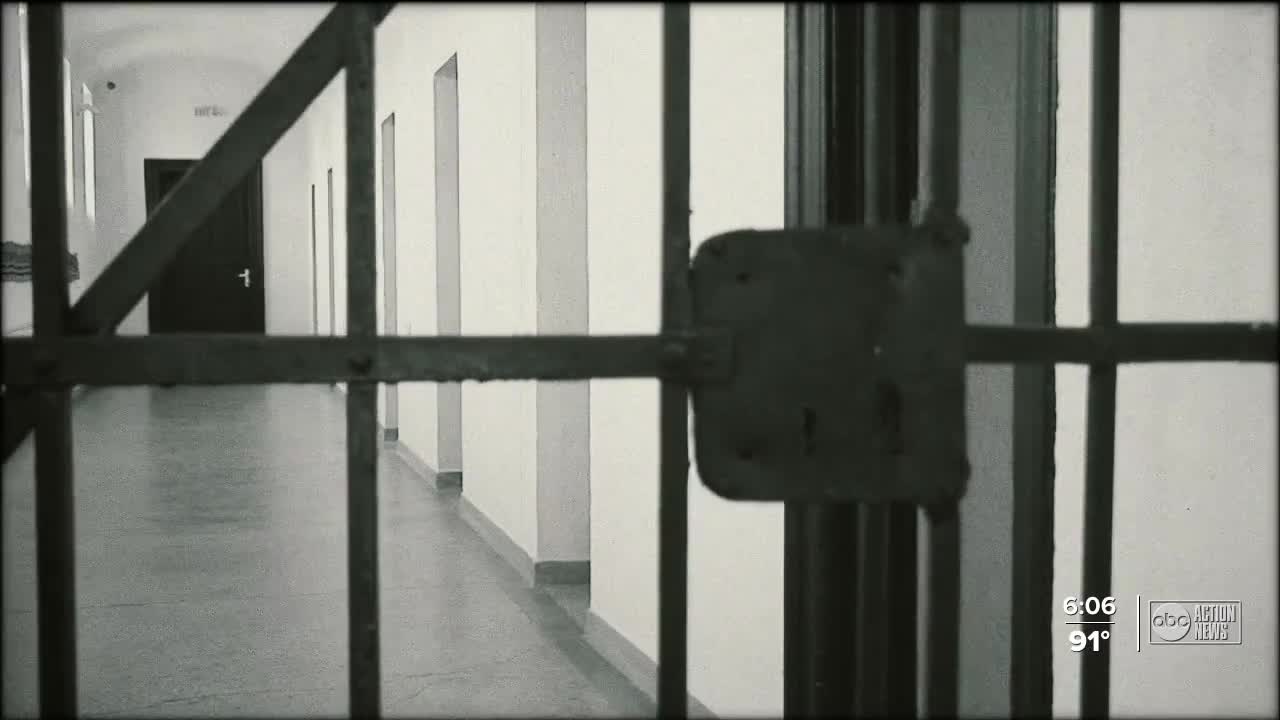TAMPA, Fla. — With the recent increase in visibility of police shootings of unarmed people of color, many minorities report having less confidence in the ability of law enforcement to do their jobs and it turns out that even many children are having less favorable views of police officers.
ABC Action News in-depth reporter Anthony Hill is digging deeper to find out what’s being done to bridge the gap between children of color and law enforcement in the Bay Area.
It’s no secret that the relationship between law enforcement and children of color has been strained over the past few years. It’s rare for children to be killed by police officers, however, the Washington Post reports that 112 children have been fatally shot by police over the past six years. Now there’s an effort to bridge the gap and create stronger relationships between law enforcement and children.
“Well, for me, I come from a family of law enforcement. I know that hard job that law enforcement has,” said Rev. Dr. Glenn B. Dames, Jr., from the Allen Temple A.M.E. Church in Tampa. “But I also know that the feelings that our youth have, especially our African American youth are real when it comes to their fear of law enforcement.”
Rev. Dames, Jr. has worked extensively with Hillsborough County Sheriff Chad Chronister on strengthening the relationship between kids of color and police officers. They throw events where children can interact with law enforcement while doing fun activities. “First impressions are lasting impressions. When you have youth and law enforcement in a positive interaction together, it gives familiarity and when they are familiar with one another, I think both persons let their guard down and allow each other to get to know one another.”
“Well, I think that having a positive relationship with a police officer is an important thing for all children and unfortunately, too many children have had bad relationships and, so, they don’t have that positive one to offset it,” said Rev. Bernice Powell Jackson from the Hillsborough Organization for Progress and Equality. Her organization worked with the Hillsborough County Sheriff’s Office to expand their civil citation program to all minors who commit their first misdemeanor. This, in an effort to prevent criminal records from following people for offenses they committed when they were just children.
“It is true that children of color, particularly, African American children are often seen not as children, but as young adults,” said Rev. Powell Jackson. In fact, according to a study conducted by the American Psychological Association, Black boys as young as 10 years old can be viewed as being less innocent than their White peers and significantly older than they actually are, which can cause law enforcement to interact with them in a more aggressive way.
“Young people want to trust law enforcement and they do trust some law enforcement officers, but if that trust is violated, it’s very hard for them to regain trust,” said Lisa Thurau from Strategies for Youth, an organization that travels the country to train law enforcement on the best ways to interact with kids. She says children who have a negative first encounter with police officers could experience effects similar to PTSD, “And, so, for all of those reasons, our goal with training is to try and make officers recognize just how important it is to get it right.”
Thurau said most police academies don’t teach officers how to engage with children, which can lead to devastating consequences. “They’re not trained on what’s developmentally appropriate, what mental health issues are for youth, and how to use trauma-informed and trauma-responsive approaches with young people.”
As for Rev. Dames, Jr., he just wants to continue to do his part in forging a healthy relationship between the youth and law enforcement in the Bay Area. “I think that when you look around and you see the youth, you see law enforcement, you see the smiles. I think that’s where the magic begins to happen and we can see today that magic is happening.”
Thurau said fun events that get police officers and children together help build strong, positive relationships, but policy and police accountability are also important in changing the public's opinion on law enforcement.





